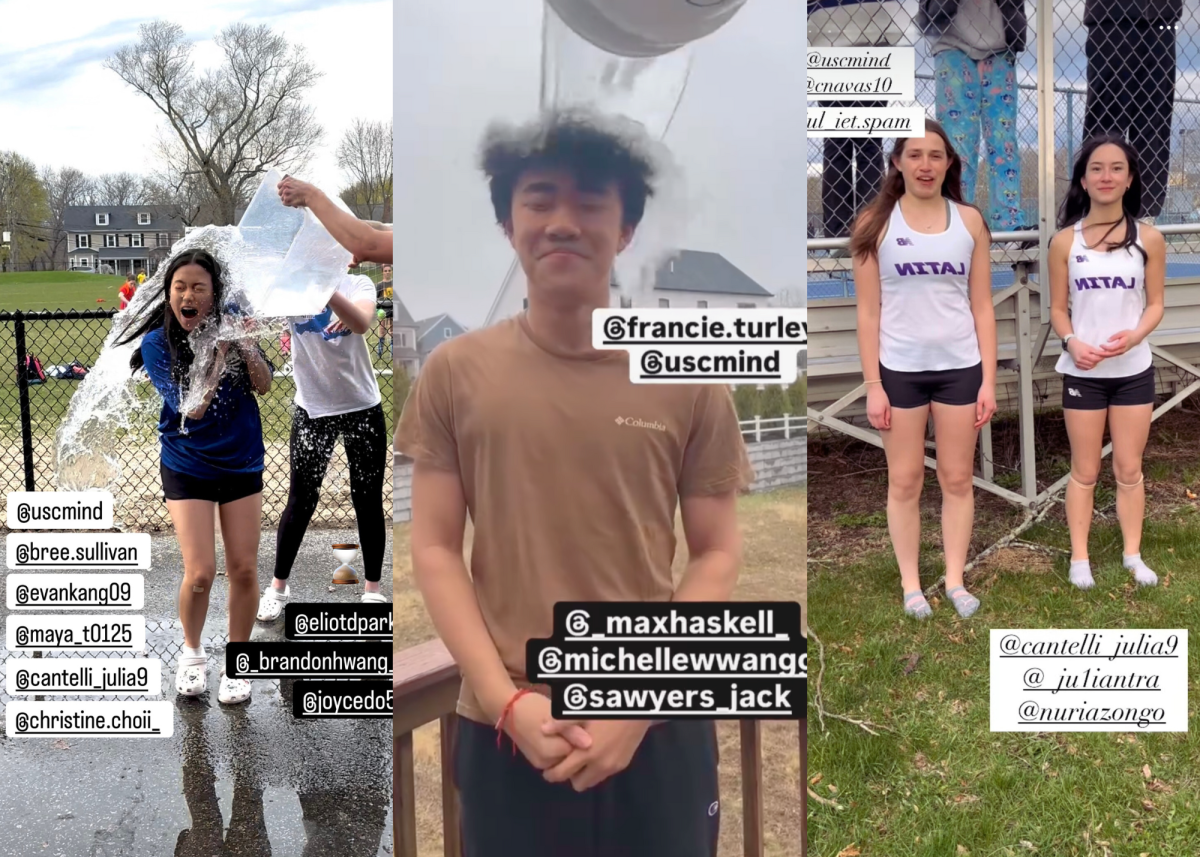Congratulations! You have been accepted into your dream school. The all-nighters and countless cups of coffee that you have dedicated to your grades, extracurriculars and passion projects have truly paid off! For many students, this is the result of a strategy called “spike theory.” By developing a very specific, deep, expertise in a single field of study, students can distinguish themselves among crowds of applicants, increasing their chances of admission to elite universities. The spike theory is essential for students in the progressively more competitive college landscape, preparing them for success in any field, whether that is academics, arts or beyond.
As students discover their passions, spike theory empowers them to pursue their genuine interests, encouraging motivation rooted in curiosity rather than superficial resume enhancement. Many students tend to join numerous clubs without any true intentions simply because it looks good on paper. In contrast, students who stand out are the ones with “spikes.” Driven by their love of the subject, these students can be more engaged and enthusiastic about their studies. Their single-minded pursuit of knowledge in the field creates authenticity in their applications, as admission officers can see the countless hours of commitment poured into their work. Such authenticity plays a key role in becoming a compelling candidate in the admission process.
Andrew Xue (I), a student that spikes in computer science and physics, says, “I did find more fulfillment in concentrating in two ‘spikes,’ and I found that I explored the two fields on a much deeper level than I would have otherwise […] I think it’s better than doing a bunch of random extracurriculars without a clear focus just because they’ll ‘look good.’”
Spike theory also stimulates students to build foundations for academic mastery and develop their professional goals. Through passion-driven motivation, many students with “spikes” can aim for higher-level achievements and impactful passion projects. By presenting their commitment through distinctive accomplishments, students with spikes can demonstrate their genuine interest in the School’s programs rather than their prestige or ranking. Their expertise in the field and alignment with the School’s offered programs ultimately boosts their chances of acceptance and even establishes long-term success.
Many students, however, argue that spike theory discourages students from becoming well-rounded. Xue adds, “It also forces teenagers to pick and choose their paths too early, […] some colleges like Cornell and [the University of Pennsylvania] that only admit to specific majors don’t help with this either.” The spike theory never discourages students from exploring other career paths or extracurriculars; instead, it motivates students to identify their strengths, even while pursuing other subjects and hobbies they enjoy.
Sienna Barney-Yapo (I), a student who has loved art for her whole life and is also passionate about math, says, “For college, my mindset is that I’m looking at art as a supplementary focus, and math or more STEM-oriented major as my main thing. […] In my applications, I was […] able to leverage my skills as an artist and connect them to other subjects that I am planning to pursue. […] Admissions counselors will hopefully see that dedication and passion for my ‘spike.’”
Focusing on a spike does not mean prematurely choosing a lifelong career. As someone grows, they develop new interests or their past interests evolve, which adapts the spike over time. A student who was once interested in biology might eventually find a passion in business, and through effort and connections, they could become a bioentrepreneur. Spike theory allows students to develop the necessary skills to excel in areas they are currently passionate about, providing the discipline and ability to succeed in any field they choose later in life.
As students enter college, spike theory prepares them not only for more efficient time management and focus but also in making meaningful contributions to their fields. In the real world, success does not come from mastering everything but instead from specializing in one specific interest. Universities have the right to seek students who bring distinctiveness and diversity to their campus, as they will likely contribute most to the field they pursue. Every class also comes at a cost; students should have a clear purpose in their education for maximum investment and return.
With constantly evolving circumstances and standards while applying to colleges, Boston Latin School College and Career Advisor Ms. Sydney Lang states, “[What’s most important is that] your application is truly reflective of who you are as a student and a person.” Spike theory is a helpful way to focus on your passions and truly distinguish yourself among your peers during admissions.
Categories:
Spike Out or Strike Out in College Admissions
By Angelina Wei (II), Staff Writer
November 30, 2024
Gretchen Curran (I) works on their college applications in the Schawbel Center. (Source: Brigitte Currier (III))
0








